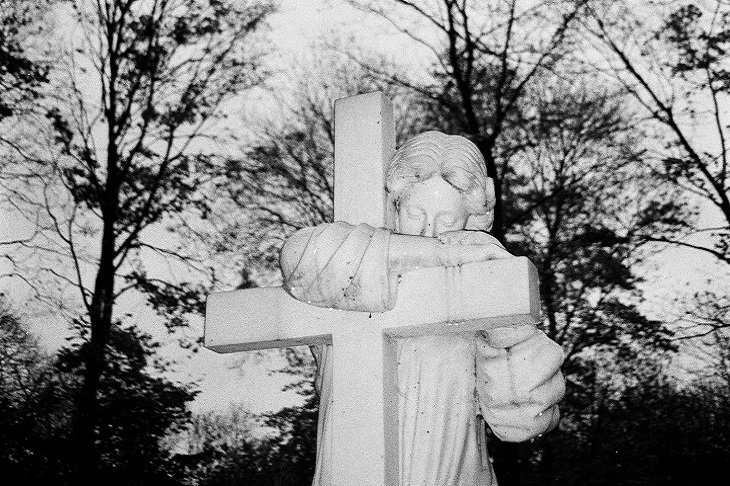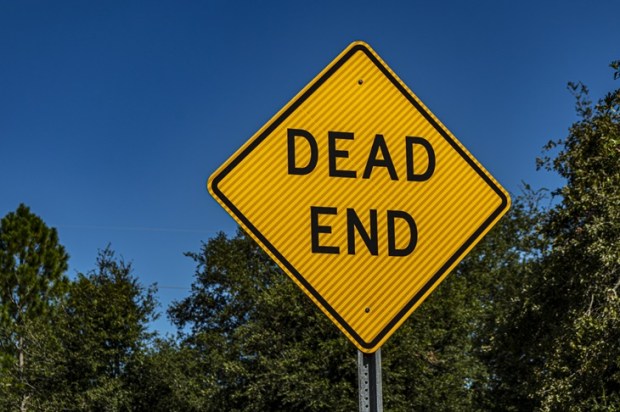[A plausible scenario under the Voluntary Assisted Dying Act 2022 that is worth considering.]
John was 85. Two years ago, shortly after his wife, Jean, passed away, he moved into an aged care facility as he could no longer care for himself safely. More recently, John was diagnosed with prostate cancer; at the time the doctors said he had about nine months left.
The news didn’t hit John too hard – the facility was expensive, so the nurses looked after him pretty well, plus he’d made some friends through the social club he enjoyed passing his time with until he could be reunited with Jean. He’d had a good innings. He decided not to pursue aggressive treatment.
John and Jean had one son, Michael. Michael had moved up to Sydney to spend time with Jean while she was sick, and then went back to Melbourne when John entered the aged care facility. Michael also retired at around that time, and money was a bit tighter than he’d expected. He had planned on visiting his father every month, but since John received his diagnosis, Michael had only been able to make it up there a couple of times. John was proud of his son and looked forward to his visits very much, although he knew that Michael had always been closer with Jean. He couldn’t blame Michael for that – she had been a wonderful person.
Whenever Michael visited, John would ask one of the nurses to help him walk to the foyer to greet his son. The nurses had started to say that John was getting too frail to rely on the walker anymore, but he was usually too excited to just stay in his room.
One morning, though, just after Michael arrived, John had a dizzy spell and collapsed in the hallway. Michael and one of the nurses were able to catch him to soften the fall, but it still hurt, and in the shock and confusion John soiled himself. He saw Michael jump up in disgust as he passed out.
When John came to, Michael was abrupt.
‘Sorry, Dad, you were out for hours. I need to head off to meet that broker I was telling you about. I’m glad you’re feeling better, though.’
He picked up his computer bag and leaned over to pat his dad on the shoulder. Quietly, he added, ‘I hadn’t realised it had got to this stage, where you’re making a mess all over the place. I guess that means you’re really near the end, doesn’t it?’ He continued, ‘I just hope that you’re not going to, you know, drag this out. You know Mum would have hated to see you like this.’
John felt pathetic, but he didn’t want Michael to see that his feelings were hurt. ‘Well, yes, we’ve discussed all this, about the treatment options and so on. You know that we’re really just letting nature take its course now. And I’m sorry about this morning. I really should have stayed in bed this time.’
‘Yeah, you should have. But it’s not just about today, Dad.’ Michael leaned down further, speaking quietly. ‘You don’t really want to live like this, do you?’ he asked. ‘Stuck in bed, not able to take care of basic things, making a mess? It’s just, I mean, this situation – this life – it just isn’t tolerable, surely?’
‘Well, I’ve still got some time to spend with you before I go, and– ’
‘Yeah, look, we’ll need to have another chat about these visits another time. The schedule is looking a bit hectic for the next couple of months, but I’ll call you to let you know when I’m back in town for another meeting. But for now, I just want you to think about something.’
Michael pressed a pamphlet into John’s hand as he kissed his dad on the forehead. ‘There are, you know, processes and things like that in place now. To help people like you, in your situation. Just think about it.’
John did think about it. He spent the next week thinking about little else. The pamphlet told him that in order to ‘access voluntary assisted dying’ he needed to have a condition that would, on the balance of probabilities, cause death within six months and that was causing him suffering that could not be relieved in a way he considered tolerable.
He was now aware of how pitiful and ridiculous he must have seemed to Michael, and probably to everyone else in his life. Hobbling around, wetting himself, soiling himself, completely incapable of doing anything useful, just sitting there, soaking up everyone’s time, energy, and money. He was a burden.
This kind of suffering couldn’t be relieved by morphine or good palliative care, which he was already receiving. It could only be relieved by making him a useful, self-sufficient individual again. The only tolerable life was that of a valuable member of society. And John would never be one again.
Fortunately, once John had made his decision, the process was quick and efficient. Two doctors confirmed John’s diagnosis, that he now had, on the balance of probabilities, less than six months left, and that his suffering couldn’t be relieved in a way he considered tolerable. The doctors also decided that John had decision-making capacity, that he was acting voluntarily, and that he was not acting because of pressure or duress, which ‘includes abuse, coercion, intimidation, threats and undue influence’. As far as the doctors could see, there was no one close to John at all, and so no one to pressure him into doing anything.
The minimum period for the voluntary assisted dying request process required by the Act is five days. John’s took much longer – seven days. Michael couldn’t be there to see him go, but he did give his father a phone call to say that he was proud of him for taking control of his own life. Fortunately, Michael was able to come up to Sydney for the funeral, and to meet with John’s solicitor about the will.
Got something to add? Join the discussion and comment below.
Get 10 issues for just $10
Subscribe to The Spectator Australia today for the next 10 magazine issues, plus full online access, for just $10.


























Comments
Don't miss out
Join the conversation with other Spectator Australia readers. Subscribe to leave a comment.
SUBSCRIBEAlready a subscriber? Log in